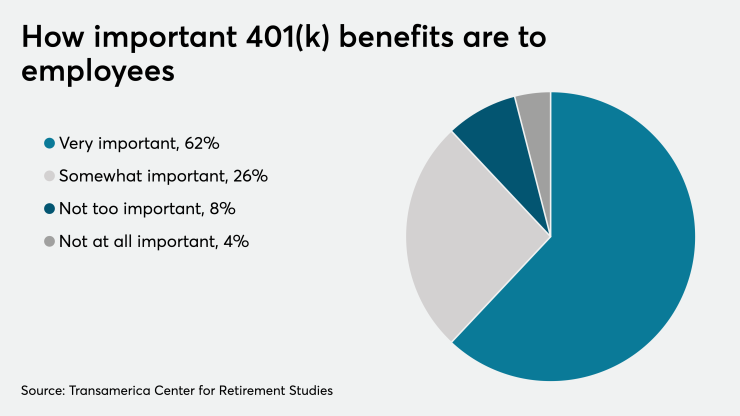It goes without saying that we are not living in normal times. The health and safety of our families and communities are paramount, and measures to ease burdens and hardships are always appreciated. These include the
The provisions in the CARES Act are designed to provide a financial lifeline to individuals, families, and businesses struggling to meet expenses in the wake of the COVID-19 pandemic. The CARES Act mandates were enacted with the best of intentions, but the law’s waiver of penalties for premature withdrawals from 401(k) savings accounts may hurt the very American workers and families the Act is supposed to help.
Under the CARES Act, plan participants faced with a personal or household COVID-19 diagnosis, or “experiencing adverse financial consequences” due to the pandemic may withdraw up to $100,000 from their retirement savings accounts by December 31, 2020 without incurring early withdrawal penalties. Taxes on these withdrawals can be paid over a three-year period. The CARES Act also doubles the maximum amount for loan-related retirement account withdrawals during this time to $100,000.
With more than 22 million Americans filing unemployment claims over the last month — setting a grim record — it is obvious that the COVID-19 outbreak’s impact on our country’s economy has been devastating. But although millions of Americans are in need of an emergency cash injection, their retirement savings should be the last source they tap, after all other options have been exhausted. Even if penalties and taxes are waived, premature
The CARES Act positions Americans’ 401(k) savings as sources of emergency liquidity. In addition to the destructive impact of cash-outs on the amount of income participants can enjoy in retirement, some in the financial services community are looking to benefit from this well-intentioned government gesture by convincing people to invest the $100,000 they are entitled to withdraw sans penalties.
For example, one real estate development fund has executed an advertising campaign encouraging Americans to withdraw the full $100,000 under the CARES Act, and invest that sum with them to achieve a 10% return. This option, the advertisement assures investors, will help them earn back capital they have lost in the coronavirus-driven market downturn.
This type of misleading offer can be devastating to retirement-savers. As we have discussed previously in this blog, cashing out far less than $100,000 can significantly deplete a plan participant’s savings for retirement. According to our research, a hypothetical 30-year-old participant who cashes out a 401(k) savings balance of $5,000 today would forfeit up to $52,000 in earnings the sum would have accrued for them by age 65, if we assume the account would have grown by 7% per annum.
Encouraging Americans to withdraw as much retirement account savings as they can under the CARES Act in order to invest what is supposed to be emergency liquidity is unethical, at best, as well as seriously misleading and dangerous.
Cashed-out retirement assets, and the extra savings they would have yielded had they
According to a
A study by the
Under the purview of their
Your participants will thank you when they turn 70.






